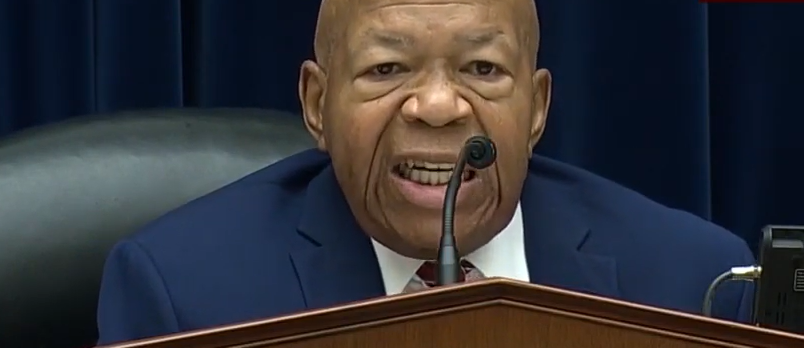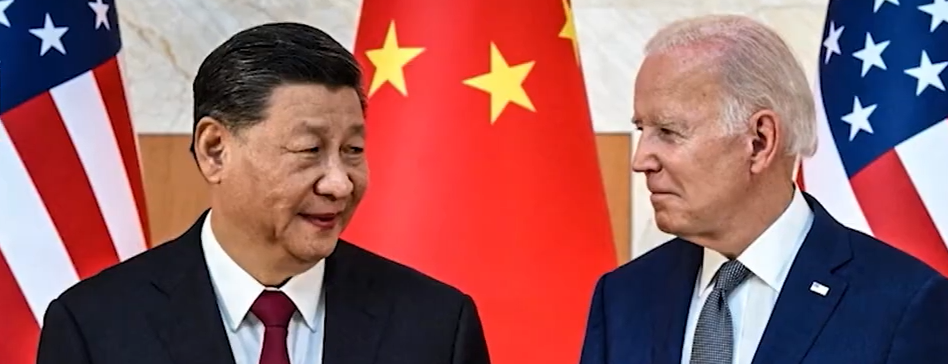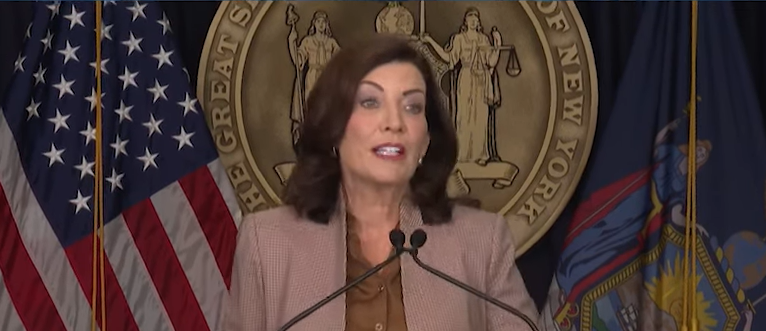Photos: Twitter
Washington, D.C. — Today marks one year since George Floyd was murdered by the Minneapolis police, sparking nationwide protests over the destructive and often deadly violence too often inflicted with impunity on Black Americans by the police officers charged to serve and protect them.
To reflect on the anniversary, Nicole Lee Ndumele, vice president for racial equity and justice at the Center for American Progress issued the following statement:
It has been one year since George Floyd was murdered by Minneapolis police officers. One year since a family lost a beloved father, brother, and cousin—and many lost a cherished friend. Today, we mourn the future George Floyd deserved and the years he should have spent together with those closest to him. We grieve for the trauma inflicted on Black Americans who watched in horror and anguish as another Black life was tragically, violently, and needlessly taken by the police officers who are supposed to make us all safe.
In some ways, the world feels very different than a year ago.
Many have said that America has undergone a “racial reckoning” after watching the excruciating video of George Floyd pleading for his life and gasping for air as a white police officer kneeled on his neck for nine minutes and 29 seconds. The officer’s actions were swiftly and universally condemned, including by local and national police organizations, faith and business leaders, and government officials.
The Black Lives Matter movement, civil rights organizations, and everyday people—first in South Minneapolis, then around the country, and finally around the world—took to the streets in protest. Protestors risked additional police violence and a deadly pandemic to demand not only justice for George Floyd but for an end to the systemic violence against Black people that has been endemic to American law enforcement for more than 400 years. Protestors’ and activists’ bravery sparked a national conversation on racism in policing, calls for change, and the introduction of important policing legislation, including the George Floyd Justice in Policing Act. Last month, the police officer who killed George Floyd was convicted of all three charges against him.
The events of the past year offer hope that change is possible, but the world has not changed enough. Black Americans still live with the constant threat of police violence, and just in the past few weeks, there have been several high-profile cases of police killing Black Americans. While George Floyd’s murderer was convicted, these convictions are all too rare, and virtually nonexistent in cases that do not receive the attention that Floyd’s case did.
We can do better. We must do better.
Holding the officer who murdered George Floyd accountable was essential. But we must dig deeper if we are going to truly root out racist police practices and achieve just policing.
For too long, policing in America has harmed Black bodies and restricted the freedom of Black communities. Many early police forces were established to preserve slavery. Later, the leaders and everyday heroes of America’s civil rights movement routinely faced violence and arrest by law enforcement.
Today, racial profiling and mass incarceration has led to a situation where Black people are three times as likely to be killed by police as white people. Most killings of Black people by police begin with traffic stops, mental health checks, domestic disturbances, and other low-level offenses. We need fundamental changes to policing that not only remedy racial injustices but anchor policing in building trust and making communities safer.
State and local government are leading the way in transforming policing practices to be more responsive and accountable to the communities they serve. In the past year, more than 30 states have passed more than 100 pieces of policing legislation. At the federal level, the House has twice passed the George Floyd Justice in Policing Act, a comprehensive bill that would strengthen law enforcement accountability and root out racism and injustice in law enforcement. George Floyd’s family has asked that this bill bearing his name become law. While President Joe Biden is eager to sign the bill into law, it has stalled in the Senate as a result of an obstinate minority.
On the anniversary of George Floyd’s murder, the legacy of that day and the protests that followed remains unclear. What will our children and our children’s children learn when they hear the name George Floyd in school? Will they learn that following his murder, America began to have a more honest conversation about race? Or might they learn that George Floyd’s murder marked the moment that America began to turn words and good intentions into meaningful systematic police reform? What they learn depends on what happens in the next few months, in Congress and, ultimately, with all of us.
By passing the George Floyd Justice in Policing Act and advocating for other meaningful policing legislation, we can ensure that the demands for justice that followed George Floyd’s death marked the start of a new chapter for our country, one in which police are held accountable for their actions and Black communities are freed from the threat of police violence.







